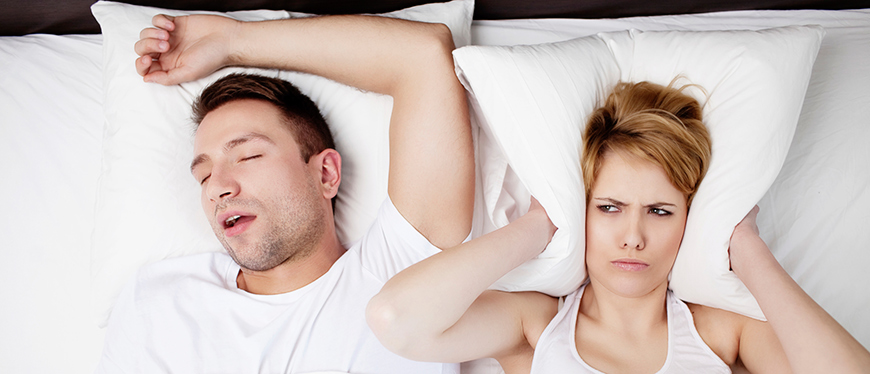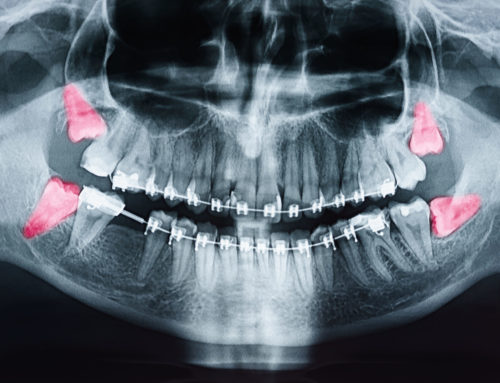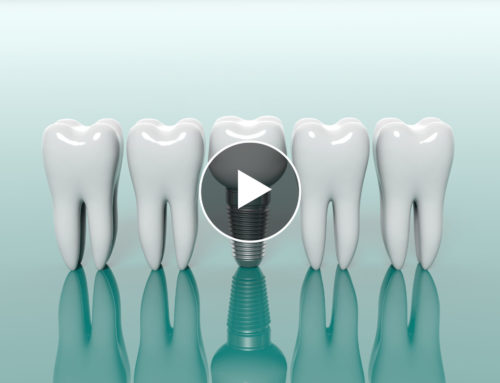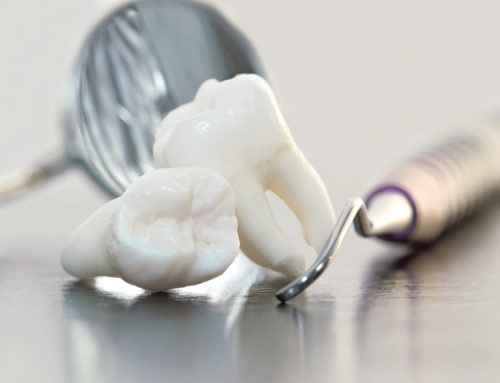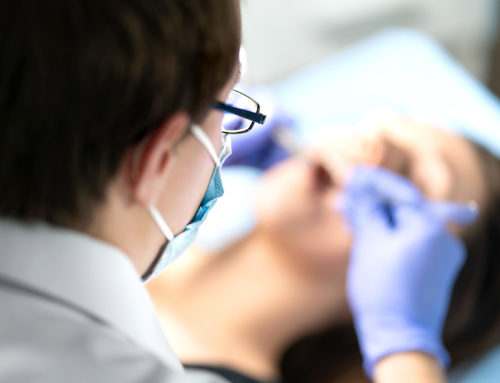A person may visit an oral surgeon Houston professional to treat various dental issues. However, this expert can help with other conditions as well. For instance, an oral surgeon at OMSH can treat sleep apnea. Here is a closer look at the specific condition and some non-surgical ways to solve the problem.
What is Sleep Apnea?
Sleep apnea is a dangerous condition that occurs as a person’s breathing becomes interrupted during sleep. It is not uncommon for a person with sleep apnea to stop breathing a hundred times throughout the night. As a result, the body lacks necessary oxygen. If left untreated, a number of health issues may begin. Headaches, depression, heart attack, and high blood pressure are all problems that may stem from this condition.
Non-Surgical Treatment Options
The most common non-surgical therapy for sleep apnea is Continuous Positive Airway Pressure (CPAP). Sleep apnea occurs as the muscles around the throat and tongue relax and cause tissues to block the flow of air to the lungs. CPAP uses a machine to blow air down the throat and keep airways clear throughout sleep. The CPAP machine includes a mask that must be placed over the nose and mouth and is worn during the night. The device is portable, so it can be taken on vacation or moved to various rooms in the house. While using CPAP as therapy, individuals report heightened sleep quality and a well-rested feeling.
AÂ person may wish to consult with an oral surgeon Houston practice for CPAP or other treatments. This professional may treat a patient with oral appliance therapy, which has many advantages. For instance, oral appliances are simple and comfortable to wear. Since they are much less bulky than a CPAP unit, they are easier to travel with as well.
Oral appliances work by holding the tongue or offering support to the jaw, which prevents airways from collapsing. Appliances are custom fit by an oral surgeon and are worn to bed each night. Two of the most common mouth devices include tongue retaining appliances and mandibular repositioning appliances.
A tongue retaining appliance holds the tongue forward with a suction bulb. In this position, there is no way the tongue can collapse during sleep and block the throat’s air passages. A mandibular repositioning appliance keeps the lower jaw in a protruded position. It indirectly pulls the tongue forward and stimulates muscle activity in the area, so the tongue remains rigid. Also, the jaw is held stable to keep the mouth from opening.
This sleep condition can cause tremendous negative health problems and makes it impossible to get a solid night’s rest. No need for surgery, there are less invasive procedures available for sleep apnea. A patient may be able to begin CPAP therapy, which involves a sleeping machine. When this therapy is not tolerated or does not work, an oral surgeon Houston professional at OMSH will be able to fit an individual with an oral appliance. If you suspect that you or a family member have sleep apnea, contact OMSH to schedule an appointment. After positive diagnosis and treatment, overall health and well-being is sure to improve.

